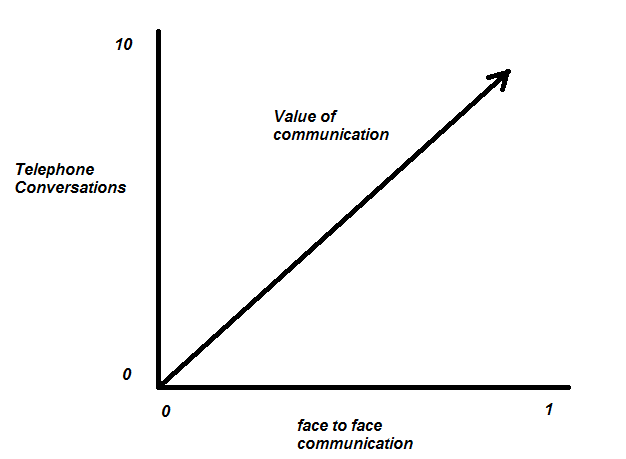I like new technology, which is why I’m headed out to the HR Technology Conference this week. HR tech has continues to transform how we deliver HR and Talent solutions to our organizations. I’m always amazed at the new stuff that comes out each year. Human Resource Executive named their 2014 award winners for Top HR Products last week, and the awards are given out at the HR Technology Conference. I’ll be checking all of these out for sure, but here is a preview of the award winners:
Appcast.io – www.appcast.io
A recruiting marketing platform that helps organizations fill their hard-to-fill requisitions by marketing it to 6,000 career and consumer sites on a pay-per-applicant basis.
Entelo Diversity – www.entelo.com
Entelo claims to have a program that will help you hire black people! Or women, veterans, Hispanics, etc. Basically, you can stop trying to search job boards using words like “Black” and “Spanish”.
Halogen 1:1 Exchange – www.halogensoftware.com
Halogen takes performance management to the next level with Halogen 1:1 Exchange. This is a one-on-one meeting-management tool that works with other Halogen TalentSpace modules and is designed to spur greater communication, collaboration and coaching. The module tracks the frequency of these one-on-one meetings to provide employers with evidence these discussions are occurring. It also correlates the impact they are having on performance ratings, engagement scores and turnover.
Health E(fx) – www.healthefx.us
Health E(fx) is a stand-alone solution designed to help employers avoid penalties while optimizing their benefits strategies, decisions and costs within the Affordable Care Act environment.
HireVue Insights – www.hirevue.com
I’ve seen this one live and it’s awesome, can’t say enough about it! Basically, it analyzes your digital interviews to automatically give you the best candidates based on 15,000+ attributes. All your candidates. Have 1000 apply, and you know you’ll only really look at the first 25 you applied, even though number 999 might be your best? Insights solves this! Plus, tells you which hiring managers are your best at selection!
IBM Social Learning – www.ibm.com
IBM Social Learning, powered by IBM Kenexa learning solutions and IBM social-collaboration and analytics tools, is designed to help people engage with one another, contribute expertise and learn from others using interactive media in near real-time.
Match-Click – www.match-click.com
Match-Click is a video-driven recruiting platform designed to let employers give job candidates a preview of their new corporate environment and potential supervisor and co-workers, through short, 20-second video clips featuring hiring managers and would-be colleagues describing the position and the organization.
QUEsocial – www.quesocial.com
Another one I’m really interested in seeing live! QUEsocial blends employer branding and social recruiting into a social talent-acquisition Software-as-a-Service technology platform. The idea is to enable recruiters and — by extension, employers — to “amplify and extend” the employer brand through individual recruiter and sourcing networks.
RecruitiFi – www.recruitifi.com
RecruitiFi is intended to offer organizations a new way to source talent by letting them select and post jobs to 250 expert recruiters from its membership pool of approximately 2,000.
Skillrater.com – www.skillrater.com
Skillrater.com is a cloud-based performance-feedback tool that incorporates social networking and collaboration.
There will be hundreds of other companies as well. I’ll make sure to give you a run down on some companies and technology that you haven’t ever heard of, yet, when I return. The coolest part of HR Tech is finding a company that is nothing today, but will be industry leading in 3 to 5 years. Last year I saw Blackbook HR and their Sense product and they are blowing up – such a great piece of technology to help us with one of HR’s biggest issues – Turnover!
Who will it be this year? I can’t wait to find out.

